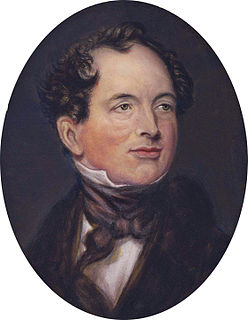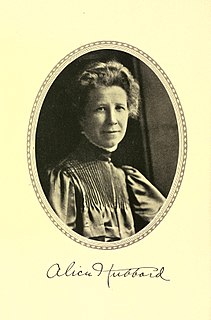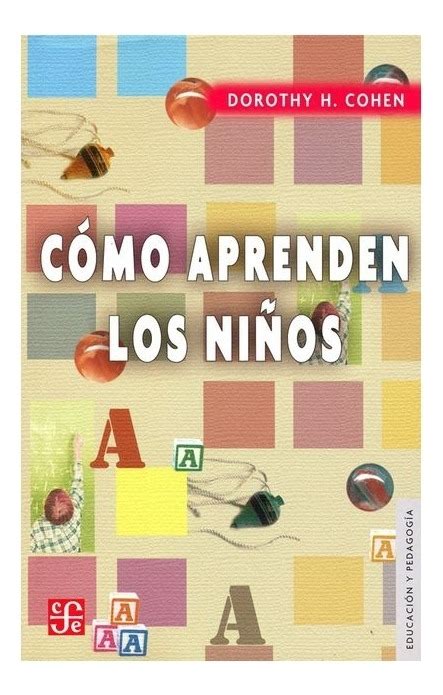A Quote by Thomas Moore
Good Demeter mothering keeps a child in the heat and passion of life which immortalize and establish soulfulness. Mothering involves not only physical survival and achievement—Demeter's grain and fruit—it is also concerned with guiding a child to his or her unknown depths and the mystery of fate.
Related Quotes
Mankind . . . possesses two supreme blessings. First of these is the goddess Demeter, or Earth whichever name you choose to call her by. It was she who gave to man his nourishment of grain. But after her there came the son of Semele, who matched her present by inventing liquid wine as his gift to man. For filled with that good gift, suffering mankind forgets its grief; from it comes sleep; with it oblivion of the troubles of the day. There is no other medicine for misery.
Motherhood involves a special communion with the mystery of life, as it develops in the mother's womb. The mother is filled with wonder at this mystery of life, and 'understands' with unique intuition what is happening inside her. In the light of the 'beginning', the mother accepts and loves as a person the child she is carrying in her womb. This unique contact with the new human being developing within her gives rise to an attitude towards human beings - not only towards her own child, but every human being - which profoundly marks the woman's personality.
Without a sense of the shame or guilt of his or her action, the child will only be hardened in rebellion by physical punishment. Shame (and praise) help the child to internalize the parent's judgment. It impresses upon the child that the parent is not only more powerful but also right. Like the Puritans, Locke (in 1690), wanted the child to adopt the parent's moral position, rather than simply bow to superior strength or social pressure.
The child to be concerned about is the one who is actively unhappy, [in school].... In the long run, a child's emotional development has a far greater impact on his life than his school performance or the curriculum's richness, so it is wise to do everything possible to change a situation in which a child is suffering excessively.
In the first three years of life, the foundations of physical and also of psychic health are laid. In these years, the child not only increases in size but passes through great transformations. This is the age in which language and movement develop. The child must be safeguarded in order that these activities may develop freely.
For the child whose impulsiveness is indulged, who retains his primitive-discharge mechanisms, is not only an ill-behaved child but a child whose intellectual development is slowed down. No matter how well he is endowed intellectually, if direct action and immediate gratification are the guiding principles of his behavior, there will be less incentive to develop the higher mental processes, to reason, to employ the imagination creatively. . . .





































